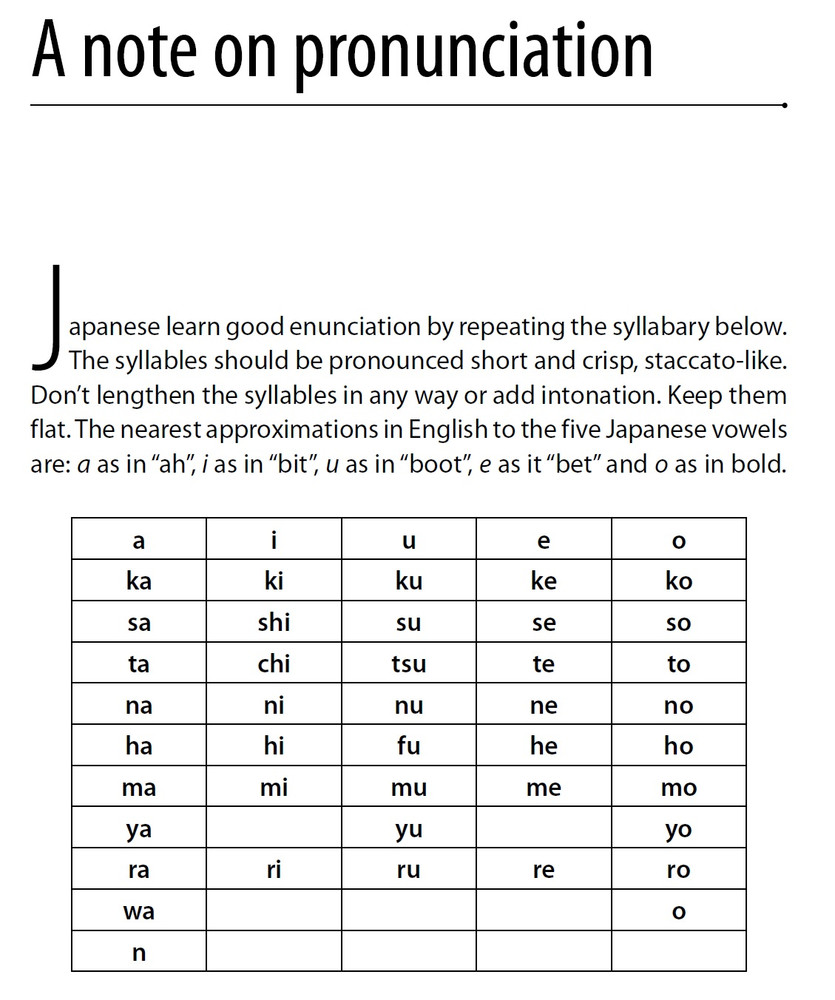This book is a user-friendly language guide for basic spoken Japanese. To effectively learn Japanese and communicate in another culture you need more than the bare bones of the language. You need to understand the given norms of that society, how people interact, how things work, what the system is, how to navigate and manipulate those systems—in short, how to use the language in context. More than a Japanese phrase book,
Conversational Japanese provides basic material for practical day-to-day communication. Through hundreds of example sentences and dialogs, as well as thorough explanations of the customs involved, learners will know what to say and do when:
- Meeting new people.
- Reserving a hotel room.
- Buying a train ticket.
- Offering a gift.
- Writing emails, business letters, cards and thank-you notes.
This book aims to prepare you for situations you are likely to find yourself in if you go to Japan to visit or to work. Every chapter starts with a short introduction giving background knowledge for that topic; then there are dialogues based on rea-life situations which give you the words and phrases you need to manage a wide range of daily tasks from getting on with the neighbors, to buying a phone, shopping on the internet, sightseeing, visiting clients or giving a speech.
The Japanese language is kept simple and clear and strikes a balance between Japanese textbook language and colloquial Japanese language. Real life Japanese conversations are untidy and elliptical. Unlike most language books,
Conversational Japanese does not restrict the use of kanji (
Chinese characters), and the sentences are written in the usual Japanese combination of kana (
hiragana and
katakana) and kanji. Since learning kanji is a difficult task,
Conversational Japanese includes romanji (Romanized Japanese) for each word or phrase. As you progress, using kanji and kana will become easier to remember, and you should be able to pick up new kanji over time. Soon your abilities to speak Japanese, comprehend Japanese, read Japanese and write Japanese will be improved.
About the Author:Anne Kaneko is a graduate of the School of Oriental and African Studies at the University of London. Since 1972 she has lived and worked in Japan both as a translator and as a businesswoman.












